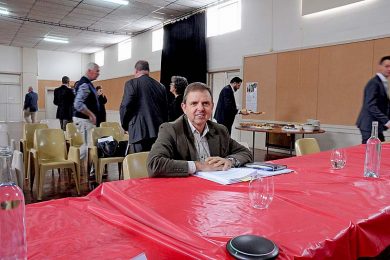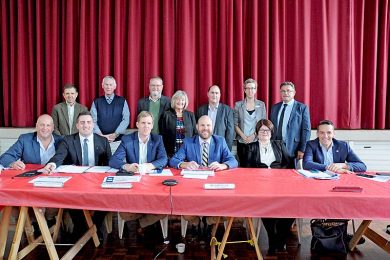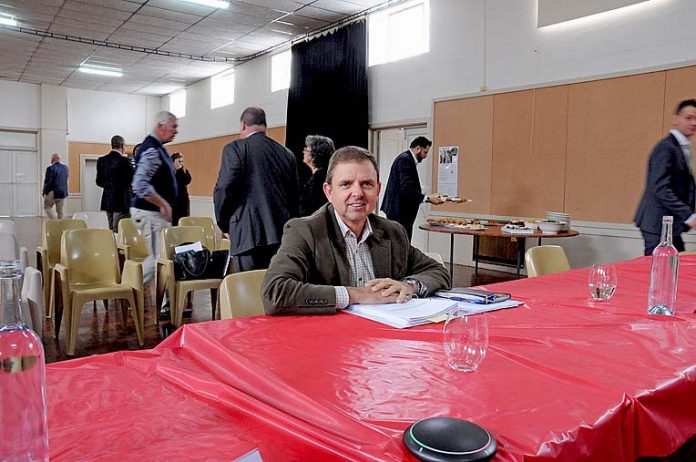
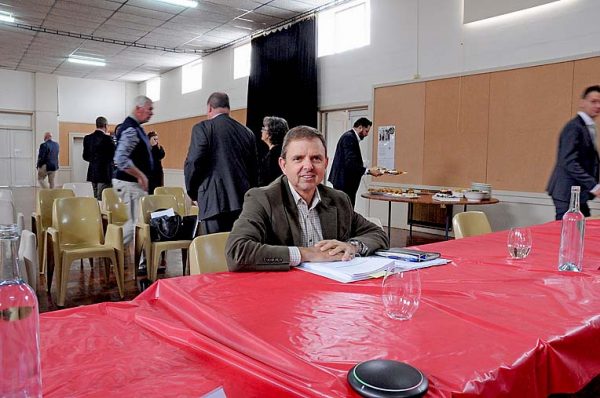
VISA confusion for seasonal workers in the wine industry was highlighted by South Australian Wine Industry Association chief executive Brian Smedley during last week’s parliamentary inquiry sitting in Penola.
During his submission to the inquiry focussed on the economic contribution of migration to South Australia, Mr Smedley provided an overview of migrant and seasonal workers in the wine industry.
He said ongoing governmental changes to visa classes was a source of confusion in the industry.
“A simpler visa system must be implemented to maintain a smooth process for the industry and its workers,” Mr Smedley told The Pennant yesterday.
“It seems these changes are understood by those in government, but a lack of communication of the changes and their impacts to industry leaders has created misunderstanding.
“A clearer understanding of which visa is appropriate for which workers is key in moving forward.”
Mr Smedley said migrant workers were “absolutely essential” and also spoke of the challenge vineyards face in garnering seasonal workers during peak periods such as vintage and pruning.
With vintage taking place in the warmer months, Mr Smedley said attracting people to work out in the vineyards is a little easier in comparison to pruning in winter, but the numbers are still not where they wish them to be.
“During my submission I spoke about the difficulty attracting workers to regional areas during peak seasons such as vintage and pruning,” he said.
“The committee was interested to know the difference between attracting workers in metropolitan areas as opposed to regional areas like Coonawarra.
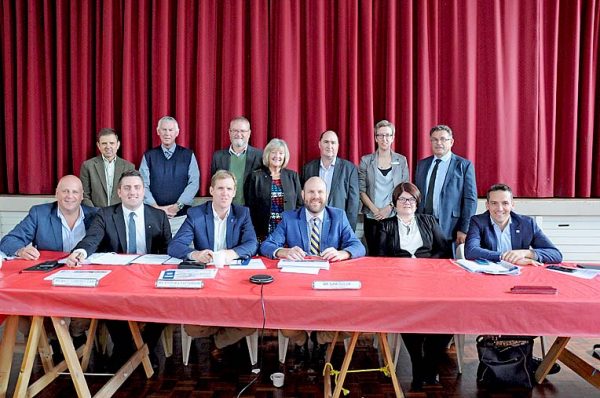
“The skills needed for pruning versus vintage are vastly different and it is difficult to find ways to get the workforce they require to somewhere four hours away from the city.”
Mr McBride also spoke about the need for migrant workers in the viticulture sector and dairy industry during his submission.
“Migrant workers are heavily involved in the viticulture industry fulfilling roles in pruning, grape picking and vineyard maintenance,” he said.
“The MacKillop electorate includes the thriving wine growing regions of Coonawarra, Wrattonbully, Padthaway, Mount Benson, Robe and Mundulla.
“These regions include substantial areas of vineyard totalling conservatively estimated at more than 14,500 hectares who’s management requires both skilled and unskilled labour.”
“I am aware the midfield power milk processing site located south of Penola also struggles with milk supply in part due to a labour shortage in the dairy industry and I have been advised that this is holding the sector back in the region.
“This shortage provides further employment opportunities for both migrants and the local community alike.”
The public hearing into the economic contribution of migration to South Australia at Rymill Hall saw submissions by the industry spokesman, along with MacKillop MP Nick McBride and Wattle Range Council representatives.
Representatives from Naracoorte-Lucindale and Tatiara council’s, JBS, Teys and the Naracoorte and Bordertown Migrant Resource Centres also provided information to the Economic and Finance Committee.
Committee presiding member Liberal MP Sam Duluk held the hearing alongside six other committee members.


